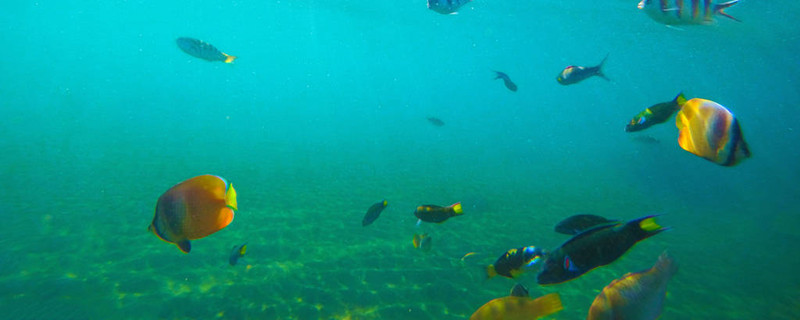
The meaning of migration is that fish move back and forth periodically and directionally for some reasons, generally due to physiological requirements, genetic or external factors. Some fish will migrate from one sea area to another, some fish will migrate from the sea to the upper and middle reaches of rivers, some fish are better, on the contrary, from fresh water to the sea, and some from one fresh water to another water body.
1. Reproductive migration: Reproductive migration is the most common reason for migration. Fish migrate to spawning grounds for spawning. The distance of this migration can be long or short. Some swim from the open sea to the coast, some swim from streams and rivers to estuaries, and some swim from the middle of a lake to the lake. These migratory destinations have the same characteristics, that is, abundant plankton, suitable for the growth of young fish.
2. Bait migration: Bait migration, as its name implies, is to swim to a water body with more abundant food because of insufficient food. Usually, in this process, the fish can complete the purpose of predation.
3. Overwintering migration: The water temperature drops in winter. Although fish are poikilothermic animals, they feel uncomfortable with the low temperature, which affects their vitality and appetite. Therefore, they will migrate to find warm waters. In this case, the speed of migration is often related to the temperature of the environment, if the water temperature is low, the swimming speed is faster, if the water temperature is suitable, the swimming speed is very slow.
4, other migration: When the water flow changes, and encounter some other situations, the fish will also have the phenomenon of migration.